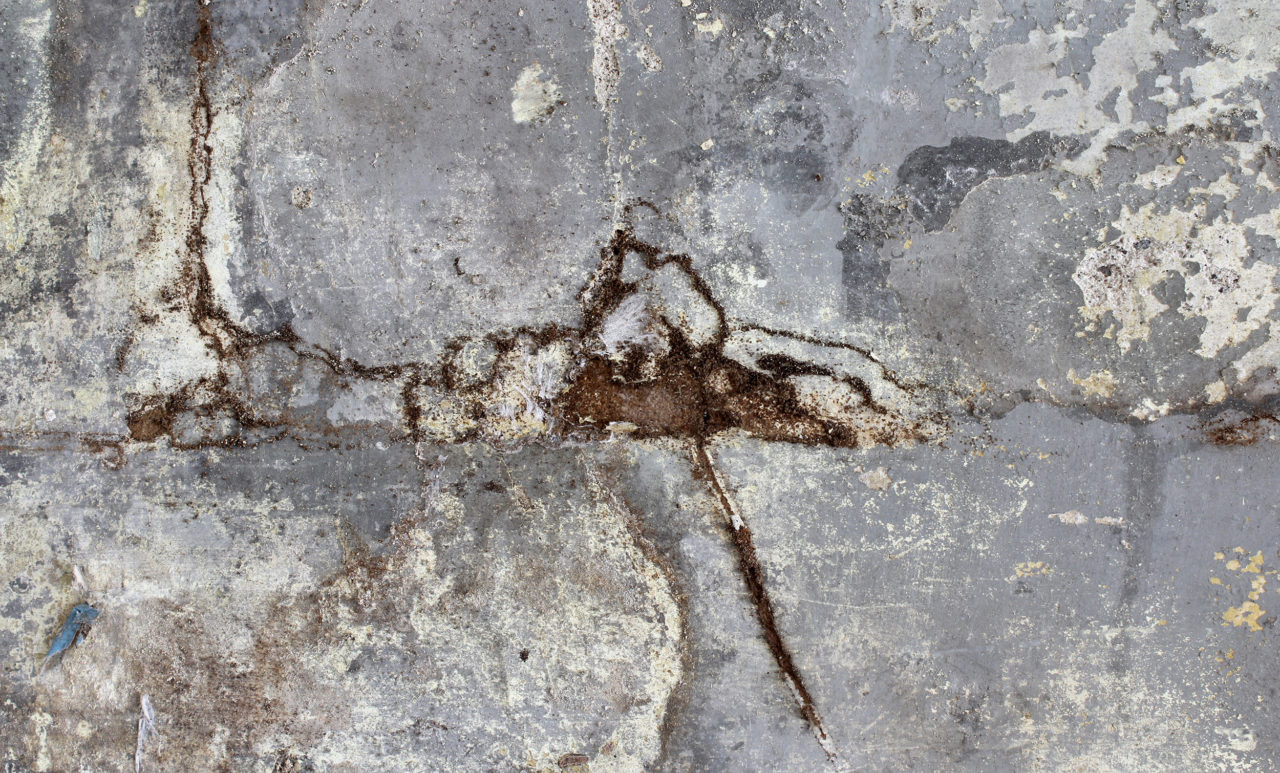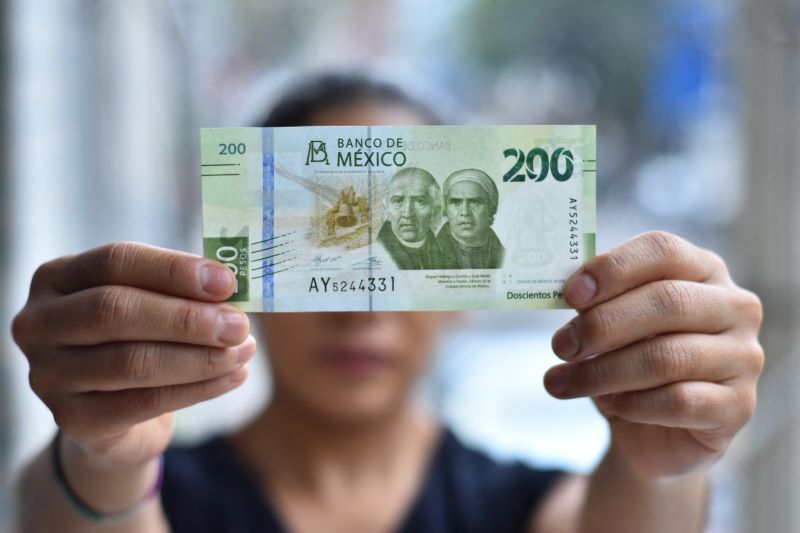Strengthening security and justice sector institutions to more effectively investigate, prosecute and adjudicate crime in order to reduce corruption and impunity in Guatemala.
Context and Approach
The purpose of the USAID-funded Justice and Transparency Project (JTP) is to strengthen security and justice sector institutions to more effectively investigate, prosecute and adjudicate crime in order to reduce corruption and impunity in Guatemala, which will have an impact on reducing illegal migration. Dexis currently provides technical assistance to a broad range of Guatemalan institutions whose work has a direct impact on the justice journey of millions of Guatemalan citizens and migrants transiting through Guatemala. These include general-jurisdiction and specialized Courts; the Guatemalan Migration Institute; the Human Rights Ombudsman; the Public Defense Institute; the National Institute of Forensic Sciences of Guatemala; the Ministry of Health; the Defender of Indigenous Women; the Secretariat against Sexual Violence, Exploitation, and Trafficking in Persons, as well as the Victim Assistance Office of the National Civilian Police; the General Registry of People; and the National Council for Persons with Disabilities.
Additionally, to increase transparency and accountability for public resources, Dexis is supporting the Comptroller’s General Office and the Guatemalan Tax Administration. Underlying everything we do is a comprehensive engagement strategy to bolster civil society in the country to provide oversight of government institutions.
Achievements
- Since 2019, Dexis supported the Public Ministry in establishing the Prosecutor’s Office against the Illicit Smuggling of Migrants to bolster the prosecution of these crimes. The Prosecutor’s Office received technical assistance from Dexis to develop a model based on complex investigation and operational plans. Dexis also provided extensive technical assistance to strengthen National Civilian Police investigative units that work on smuggling cases.
- In two consecutive contracts, Dexis has worked to strengthen key institutions of the criminal justice system, including increasing access to justice across the country’s 340 municipalities, establishing specialized courts and prosecutor’s offices, strengthening attention for GBV crimes, and implementing new case investigation methodologies for cases of extortion, homicide, corruption, customs fraud, and other areas. Dexis has also pioneered the creation of 24-hour courts so that people who are detained can be heard by a judge within 24 hours, a Constitutional guarantee in Guatemala.
- Dexis provided the Judiciary with technical assistance and training activities on alternative dispute resolution mechanisms, classification of crimes and offenses, and defense and negotiation strategies. These activities helped strengthen the management of cases resulting from pandemic-related detentions that increased the judicial backlog in the First Instance Criminal Courts. Dexis also coordinated with the Supreme Court and the Peace Courts of Guatemala so that 90% of the infractions to health and safety regulations established by the COVID-19 pandemic were solved applying misdemeanor procedures in the Peace Courts. Dexis supported the Supreme Court of Justice in the implementation of specialized Femicide Courts. Dexis helped expand this criminal court model by providing technical assistance; critical training in oral hearings, court management, the Multi-personal Court Model, electronic interconnection, virtual hearings, attention to women victims); management systems; and coordination with other justice sector institutions.





